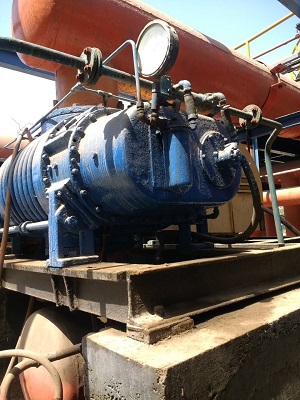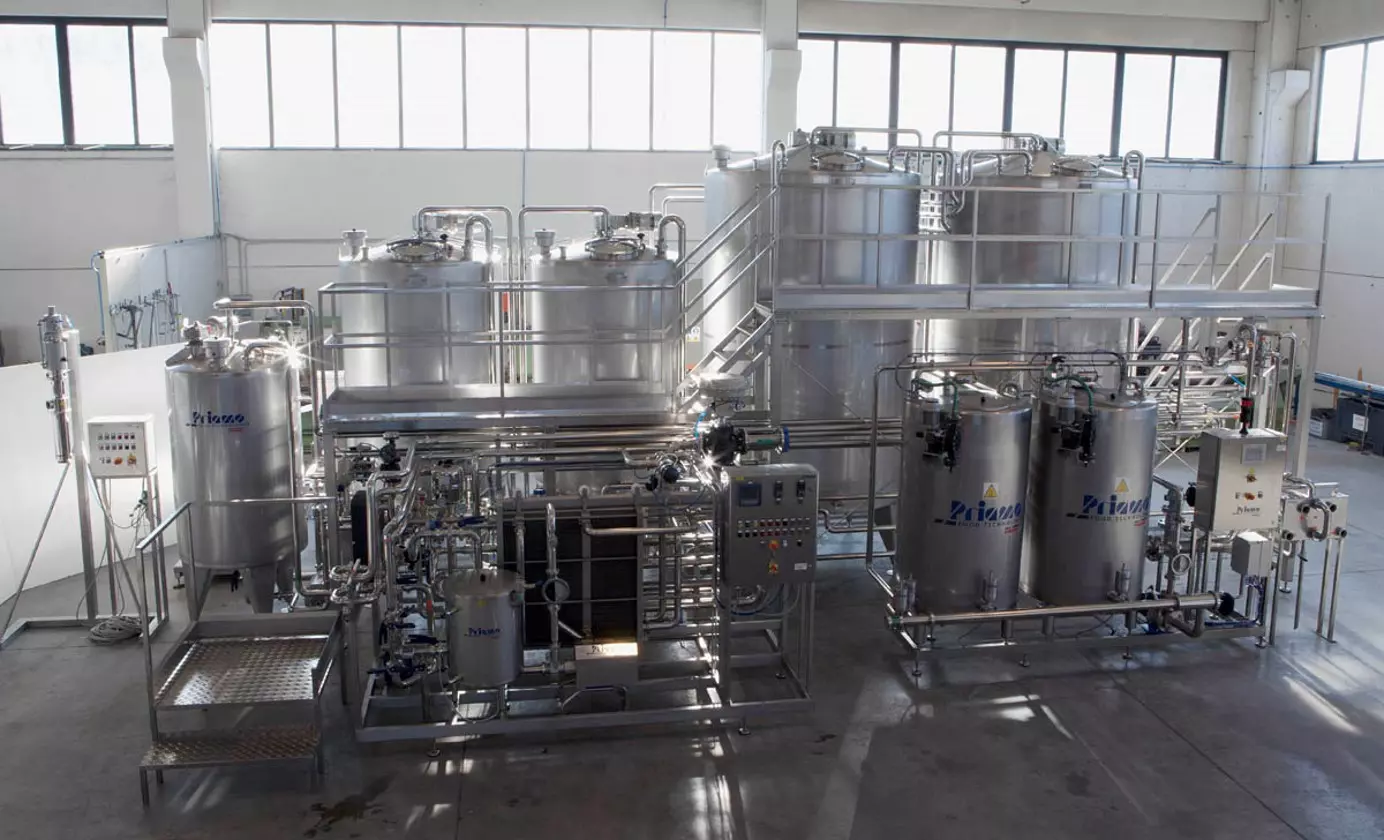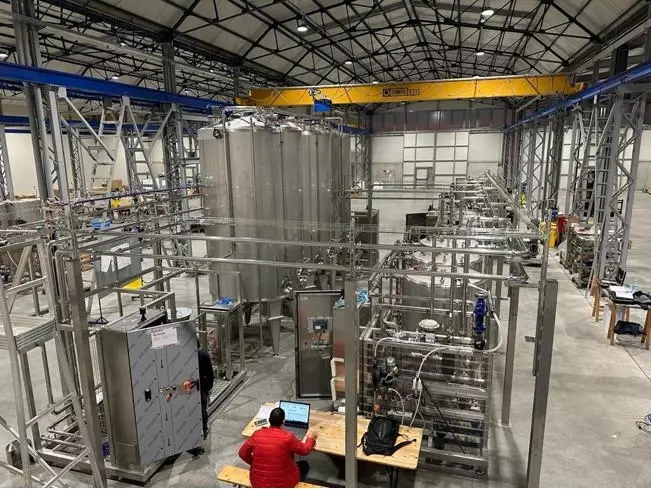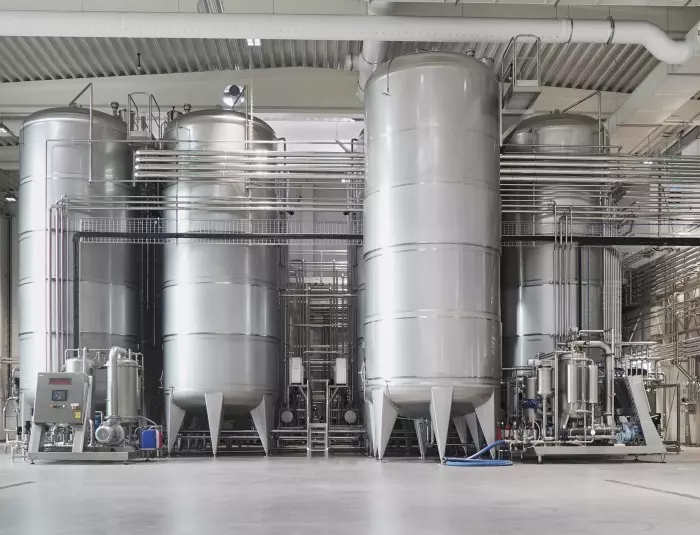
Tackling Material Flow Bottlenecks in Industrial Processes with Conveyor belts
In the dynamic landscape of industrial processes, the efficient movement of materials is paramount for streamlined operations. Conveyor belts stand as pivotal tools, playing a crucial role in addressing material flow challenges and mitigating bottlenecks that can impede industrial efficiency.
Material flow bottlenecks in industrial processes can be disruptive and costly. These bottlenecks occur when the movement of materials is hindered, leading to delays in production, increased downtime, and potential product quality issues. The causes of such disruptions can range from inefficient manual handling practices to inadequate material handling equipment.
The consequences of material flow bottlenecks are far-reaching. Delays in the movement of raw materials or finished products can result in decreased production efficiency, impacting the overall throughput of industrial processes. In addition, disruptions in material flow can lead to increased labor costs, as manual interventions may be required to address the bottlenecks, further reducing operational efficiency.
Efficient material handling is crucial for streamlining processes and overcoming these challenges. This is where Economy’s Conveyor Belts come into play. These conveyor belts are specifically designed to optimize material flow, ensuring a seamless and uninterrupted movement of goods throughout various stages of industrial operations.
Economy’s Conveyor Belts boast technical specifications geared towards material flow optimization. The core features and specifications include durable materials that withstand the rigors of industrial use, synchronized movement capabilities, and speed control features. These belts are not one-size-fits-all; they offer customization options to cater to the varied material handling needs across different industries.
Designed for material flow efficiency, Economy’s Conveyor Belts are equipped to handle a diverse range of industrial applications. The adaptability and versatility of these belts make them suitable for use in sectors such as mining, automotive, food and beverage, manufacturing, and logistics.
Economy’s Conveyor Belts stand at the forefront of material handling solutions, specifically designed to optimize material flow efficiency in various industrial applications. This section provides a detailed overview of the technical specifications that distinguish these conveyor belts, making them a reliable choice for streamlining material handling processes.
Core Features:
Economy’s Conveyor Belts are engineered with a host of core features that ensure durability, reliability, and efficient material transport. The composition of high-quality materials contributes to the belts’ robustness, allowing them to withstand the rigors of industrial operations. Additionally, advanced design elements enhance flexibility, enabling the belts to adapt to diverse material types and handling requirements.
Customization for Varied Industrial Material Handling Applications:
One size does not fit all in industrial material handling, and Economy’s Conveyor Belts recognize this by offering a high degree of customization. These belts are designed to cater to the specific needs of different industries, accommodating variations in material types, sizes, and handling processes. Whether it’s the food and beverage sector, manufacturing, or logistics, Economy’s Conveyor Belts can be tailored to meet the unique challenges of each application.
Durability and Longevity:
Economy’s commitment to quality is evident in the durability and longevity of its Conveyor Belts. Constructed with materials that resist wear and tear, these belts contribute to reduced downtime and maintenance costs. The longevity of these belts ensures a consistent and reliable material flow over an extended operational lifespan.
Efficient Material Handling:
The technical specifications of Economy’s Conveyor Belts are meticulously crafted to facilitate efficient material handling. From speed control mechanisms to synchronized movement features, these belts contribute to increased production speed and throughput. This efficiency is pivotal in addressing material flow bottlenecks and maintaining a smooth workflow in industrial processes.
Conveyor belts play a pivotal role in enhancing material flow within industrial processes, ensuring a seamless and efficient workflow. This section delves into the technical aspects that make Economy’s Conveyor Belts stand out in optimizing material flow.
Conveyor Belt Material and Design Considerations:
The material composition and design of conveyor belts are critical factors influencing their performance in material handling. Economy’s Conveyor Belts are crafted with precision using high-quality materials, offering resistance to wear, tear, and abrasion. This durability ensures a prolonged operational life, contributing to consistent material flow. The design considerations include flexibility, adaptability to varying loads, and a structure that minimizes the risk of material spillage.
Speed and Synchronization Control Features:
Efficient material flow requires precise control over the speed and synchronization of the conveyor belts. Economy’s offerings come equipped with advanced control features that allow operators to regulate the speed according to the specific demands of the industrial process. The synchronization control ensures that multiple conveyor belts, if employed, work in harmony, preventing disruptions and maintaining a continuous material flow.
Addressing Specific Material Flow Bottlenecks:
Material flow bottlenecks can arise from various causes, including irregularities in material size, changes in elevation, or transitions between different stages of production. Economy’s Conveyor Belts are designed to address these bottlenecks effectively. The belts provide a consistent and smooth material transfer, minimizing the risk of jams, backups, or interruptions. Whether it’s inclines, declines, or transitions between conveyor sections, these belts are engineered to ensure uninterrupted material flow.
























